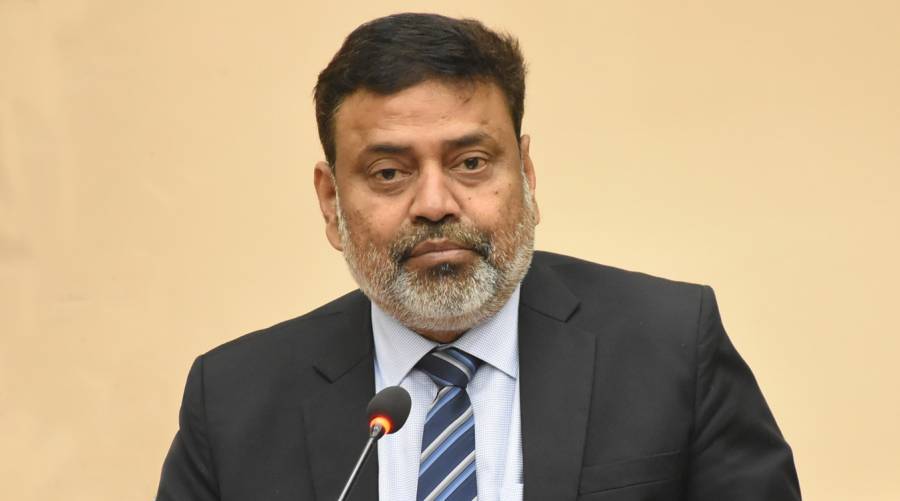
KARACHI: Pharmacists, integral to our healthcare system, have long been underappreciated in our country. However, there's a silver lining as society has begun to acknowledge their essential role in ensuring the well-being of our citizens.
Pharmacists hold legal authority to oversee the quality of medicines, yet their impact remains limited in our society due to the concerning lack of enforcement of pharmaceutical laws in Pakistan. These sentiments were expressed by the Vice Chancellor of the University of Karachi, Professor Dr. Khalid Mahmood Iraqi, during his address at the 'World Pharmacist Day '23: Pharmacists Strengthening Health System' conference held at the Chinese Teachers Memorial Auditorium. The event was organized by the Karachi University Pharmacy Science Club of the Faculty of Pharmacy and Pharmaceutical Sciences.
Dr. Khalid Iraqi highlighted a concerning statistic - approximately fifty percent of pharmacies in Pakistan operate without the required license, endangering the lives and well-being of our citizens, a grave offense indeed.
Dr. Iraqi emphasized the importance of equipping students not just with degrees but also with practical skills, recognizing the competitive nature of today's world. He urged students to contribute to Pakistan's development actively, emphasizing the role of education in shaping behavior and skills.
The Dean of the Faculty of Pharmacy and Pharmaceutical Sciences at the University of Karachi, Professor Dr. Faiyaz H. M. Vaid, stressed the dedication of professors and teachers to provide high-quality education. He noted that designing and organizing the curriculum requires collaboration with teachers, industry experts, hospitals, and community pharmacy professionals to meet market and societal demands.
To enhance pharmacy practices and provide practical training, the Faculty of Pharmacy and Pharmaceutical Sciences signed memorandums of understanding with esteemed hospitals such as Patel Hospital, NIBD Hospital, Dow University of Health Sciences Hospital, and renewed its MoU with Darul-Sehat Hospital.
The conference revolved around the indispensable role of pharmacists in bolstering global healthcare systems. It featured informative sessions, discussions, and presentations highlighting pharmacists' contributions in enhancing patient care, advancing public health, and fostering innovation within the healthcare industry.

